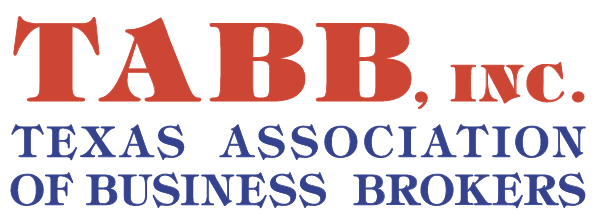Updated April 5, 2022
When buying or selling a business, using these 7 negotiating tips will lead to a less stressful experience and a more successful outcome.
In previous articles, we’ve discussed the steps involved in buying a business including how to analyze a business and making the written offer. Once the initial written offer has been made, the transaction usually enters the negotiation phase.
The negotiation phase is really not complicated. Most likely you’ve already bought a car and/or a home. The negotiations over the price of a business are similar.
The initial offer is usually lower than you actually think you’ll wind up buying or selling the business for.
More than likely, there will be a counteroffer to the original offer. You can then accept this figure or continue the “ping-pong match” with additional counteroffers until price and terms are reached that are acceptable to both parties.
From years in the arena, this is what I have learned about successful negotiations:
1. The services of a business broker as an intermediary in this phase can be valuable. If the buyer and seller negotiate face-to-face, chances are high that ill feelings will be aroused. Even some innocent comment by one of the parties is oftentimes taken the wrong way and the whole transaction blows up. It’s an extremely sensitive phase of the process. (But hey, I’m prejudiced. I’m a business broker!)
2. If you are a cash buyer, you’re in a stronger position to bargain on price. If you’re asking the seller to finance a significant portion of the purchase price, you still have some room to negotiate but maybe not quite as much.
3. If it is not a distress sale, don’t expect to buy the business at a distress sale price. If it is a distress sale, the business is worth the depreciated value of the furniture, fixtures, equipment and inventory.
4. If you’re going through a business broker, use him/her. He’s been involved in similar negotiations dozens of times before. At each step of the negotiations, ask him for his thoughts. You don’t have to take his advice, but asking for his input could be advantageous.
5. Respect the other party. After all, you’re going to be working together and need to be on good terms during the training and transition phase after closing the transaction. Don’t make ridiculous demands (e.g.: “This offer is good for one hour only, take it or leave it.”)
6. Don’t be “penny wise and pound foolish.” (Is that the right cliché?) Well anyway, you know what I mean. Don’t lose a good business sale or purchase by haggling over a few final bucks.
7. Relax as much as possible and always stay professional. Never lose your cool. By now, you’re getting pretty close to landing your own business!
Once you have come to an agreement on price and terms, move on to the next phase with all deliberate speed. The next phase is the due diligence investigation and is covered in my next post.
For further reading, here are additional related articles:
- How to Use Valuation Guidelines to Estimate the Value of a Business
- How to Analyze a Business You’re Considering Buying
- How to Make a Written Offer to Buy a Business
# # #

















Pingback: Top 3 Issues Involved When Buying or Selling a Business | William Bruce on Business: A Discussion
Pingback: What and Who are Business Brokers? | William Bruce on Business: A Discussion
Just a question, as I’ve been reading your other post regarding valuation rule of thumb for restaurants/bars (1.5x to 2.5x ODCF): do you have a similar rule of thumb for where to put the opening bid for a buyer? For example, one franchise business I am interested in has set the seller’s price @ 2.2x ODCF, or 40% gross revenue.
Do you recommend an opening offer similar to the 10% off list that is used when buying real estate, or something lower/higher? Would offering 1.5x ODCF be too low?
JT, thanks for coming by. I’d say to appraise what you think would be market value for the business, and then make an opening offer of about 80% of that amount for negotiating purposes. There are a lot of businesses for sale where the initial asking pricing is highly inflated, so I wouldn’t work off of the asking price to calculate an initial offer.
Pingback: Thinking of becoming a business broker? Looking for business broker training programs? | William Bruce on Business: A Discussion
Pingback: Business-for-sale Marketplace Continues Strong into 2015 | William Bruce on Business: A Discussion
I have been given the opportunity to purchase a boutique. The owner is asking $40,000 and wants all money at signing. She is asking this much because it is the value of the inventory at wholesale cost. The business is just turning a year old and proper records have not been kept and there is no profit and loss reports. I started working at the establishment back in November and got her set up with a POS system that keeps track of sales, inventory, etc. The business is growing and I can see the potential but I am so nervous that the amount she is asking is too high. I need help, please.
Christina, with only one year in business and no records, the business would be worth only the value of the inventory, at cost, plus maybe a bit for the depreciated value of the furniture, fixtures and equipment. Be sure you know the terms of the lease. Good luck. ~William